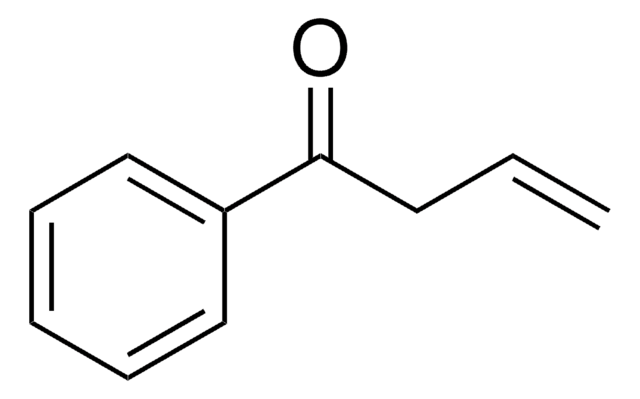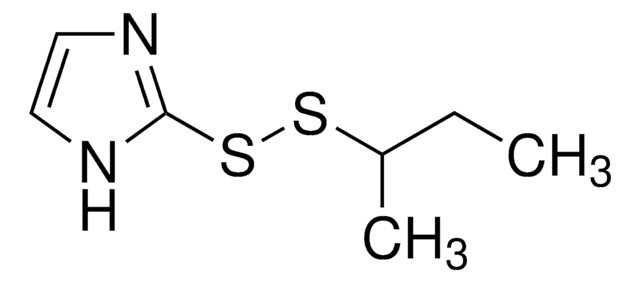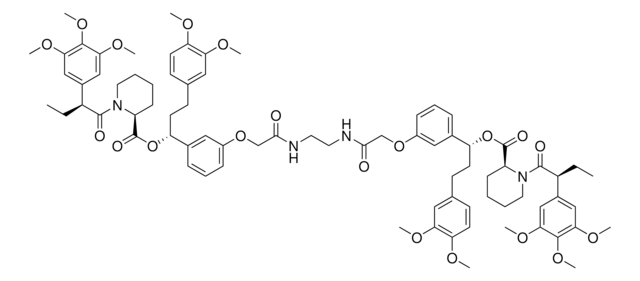I2536
ICI 192605
≥98% (HPLC)
Synonym(s):
(4Z)-rel-, 4(Z)-6-(2-o-chlorophenyl-4-o-hydroxyphenyl-1,3-dioxan-cis-5-yl) hexenoic acid, 4-Hexenoic acid, 6-[(2R,4R,5S)-2-(2-chlorophenyl)-4-(2-hydroxyphenyl)-1,3-dioxan-5-yl]-
About This Item
Recommended Products
Assay
≥98% (HPLC)
form
powder
color
white to tan
solubility
DMSO: ≥20 mg/mL
originator
AstraZeneca
storage temp.
−20°C
SMILES string
OC(=O)CC\C=C/C[C@H]1CO[C@H](O[C@H]1c2ccccc2O)c3ccccc3Cl
InChI
1S/C22H23ClO5/c23-18-11-6-4-9-16(18)22-27-14-15(8-2-1-3-13-20(25)26)21(28-22)17-10-5-7-12-19(17)24/h1-2,4-7,9-12,15,21-22,24H,3,8,13-14H2,(H,25,26)/b2-1-/t15-,21+,22+/m0/s1
InChI key
WHUIENZXNGAHQI-YGPRPMEGSA-N
Biochem/physiol Actions
Features and Benefits
Signal Word
Warning
Hazard Statements
Precautionary Statements
Hazard Classifications
Acute Tox. 4 Oral - Aquatic Acute 1 - Aquatic Chronic 1
Storage Class Code
11 - Combustible Solids
WGK
WGK 3
Flash Point(F)
Not applicable
Flash Point(C)
Not applicable
Certificates of Analysis (COA)
Search for Certificates of Analysis (COA) by entering the products Lot/Batch Number. Lot and Batch Numbers can be found on a product’s label following the words ‘Lot’ or ‘Batch’.
Already Own This Product?
Find documentation for the products that you have recently purchased in the Document Library.
Articles
Discover Bioactive Small Molecules for Lipid Signaling Research
Discover Bioactive Small Molecules for Lipid Signaling Research
Discover Bioactive Small Molecules for Lipid Signaling Research
Discover Bioactive Small Molecules for Lipid Signaling Research
Our team of scientists has experience in all areas of research including Life Science, Material Science, Chemical Synthesis, Chromatography, Analytical and many others.
Contact Technical Service










